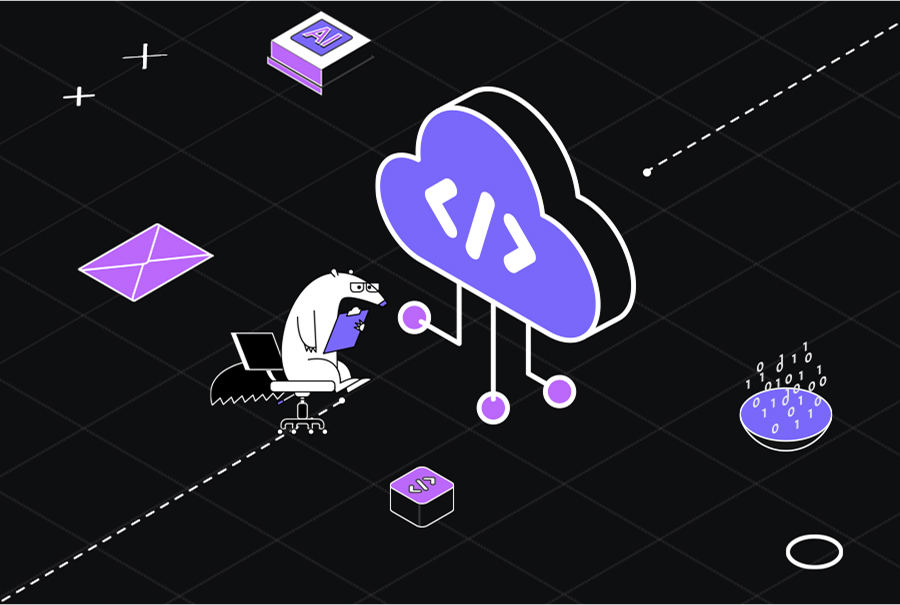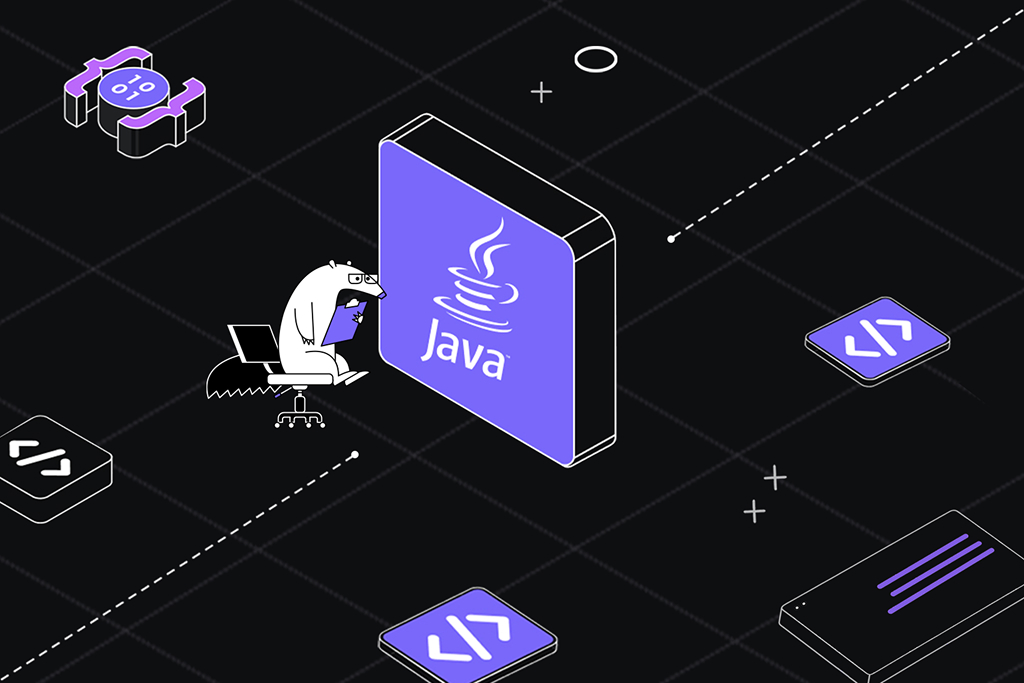Best Code Review Tools
In software development, reviewing your code base is essential for executing clean and healthy code and delivering a high-quality product.
That’s why code review is critical for developers throughout the SDLC. So today, you will be introduced to some of the top automated code review tools and basics.
Advantages of code review
- Detecting bugs early in the development process is more accessible than finding them during code executions and developments, saving time and money.
- Your code will comply with coding and security best practices.
- Participating in code reviews allows new developers to learn from experts.
- There is no miscommunication among teams. A code review gives the whole team a clear project picture, bringing them to the same page.
- The comments and discussions made during code review can be utilized as informal documentation for future use.
Now, let’s see some of the best code review tools in 2025.
14 Best Code Review Tools For 2025
1. Qodo Merge by Qodo

Qodo Merge is an AI-powered code review tool designed to streamline and accelerate the pull request (PR) review process. This Git plugin is compatible with GitHub, Bitbucket, and GitLab, making it easy to integrate into your existing workflow.
Key Features:
- Qodo Merge automatically generates a comprehensive PR description, including the title, type, summary, and a detailed code walkthrough.
- It analyzes the PR and provides valuable feedback on its main theme, type, relevant tests, security issues, and suggestions for improvement.
- Qodo Merge can answer free-text questions about the PR, helping you clarify doubts and improve the review process.
- It offers actionable, committable code suggestions to enhance the PR, from fixing bugs to adding improvements.
- Developers can use simple commands like “/review” for feedback, “/ask” for questions, “/describe” for PR descriptions, and “/improve” for code suggestions.
Qodo Merge is free for individual developers, while Qodo Merge Pro offers advanced features for teams and organizations, helping developers improve PR integrity with automatic descriptions, actionable suggestions, and question-answering within their Git environment.
2. GitHub

GitHub is a web-based platform for hosting software projects. It allows users to collaborate with other teams and monitor and manage modifications to the source code.
Besides being a code hosting service, it is also a code review tool.
Key features:
- You can request peer reviews by inviting other developers to your pull requests and letting them review your code for improvements.
- Inline comments ensure that reviewer-author discussions are directly tied to the relevant code line or chunk, making it easier to follow and provide feedback.
- You can bundle your comments, preventing the distribution of separate notifications for each comment and making the review process well-structured and clean.
- Reviewers can specify the required changes and suggestions separately so authors can prioritize what needs to be done immediately and what can wait.
GitHub is free for individuals and organizations. You can also choose their paid plans for advanced features, starting at $4 per user/month.
3. Bitbucket

Bitbucket by Atlassian is a cloud-based code repository service that allows you to host code for your software projects. It also offers a rich set of services for source code management, continuous integration, and collaborative development.
Key features:
- Bitbucket’s updated side-by-side code view simplifies reviewing large and complex changes. It lets team members compare changes directly, with old and new code displayed in parallel.
- Bitbucket integrates test and security scan results into pull request views, notifying you of security vulnerabilities and potential bugs before you merge the code. Thus, you can have secure code.
- You can list specific conditions that reviewers must check, such as code quality checks or complaints about coding standards. This approach helps maintain code quality and reliability, ensuring your code is ready for production.
Bitbucket’s code review feature is free, but you can upgrade to paid plans, which start at $3 per use, for more exciting features.
4. Collaborator

SmartBear Collaborator is an intelligent code and document review tool designed to help software teams manage their peer review processes efficiently.
Key features:
- You can create custom review templates by defining rules, permissions, and notifications to align the peer reviews with your compliance needs.
- Collaborator enables you to improve code quality by collaborating on code through threaded and contextual chats. This allows code reviewers and authors to chat in real time, optimizing the code review process.
- This tool can generate reports for your code review processes, including pending code reviews and performance analyses for each process. Since Collaborator stores audit logs, creating detailed reports is easy with only a few clicks.
- Various version control systems are integrated with Collaborator. This becomes more powerful as you can use the tool that you are best at. Some tools include Git, Perforce, Subversion, ClearCase, etc.
Collaborator offers two pricing plans: Team for $759/year and Enterprise for $1349/year, including free trials.
5. Crucible

Crucible has three types of code reviews: formal, quick, and workflow-based. Choosing the right type can help you identify errors and discuss improvements easily.
Key features:
- Crucible provides real-time insights into your project, allowing you to analyze it and properly understand recent code reviews and comment updates.
- This tool integrates well with Jira Software, automatically updating issues based on code review activities. Reviewers’ comments can be converted into Jira issues with a single click.
- You can configure Crucible to provide personalized notifications and code review reminders to stay informed and respond promptly.
- Crucible promotes iterative reviews, where you review the latest version of files since the code is continuously re-factored and modified throughout the code review process.
You can try Crucible for free for 30 days, or you can easily choose its paid plans: Small teams and Growing teams starting at $10/5 users/year.
6. JetBrains Space

JetBrains Space is a code collaboration platform that allows optimized Git hosting, advanced code reviews with quality gates, and much more.
It offers various options to streamline the code review process among your teams.
Key features:
- JetBrains Space is available for you in 3 ways: JetBrains IDEs, Space web interface, and Space mobile app, so you don’t need to worry about the platform.
- Space also offers three main code review types: post-commit code review, merge request, and file review. You can choose the type that best suits your needs.
- You can create bi-directional mirrors of your repository from GitHub or other Git services to keep your repositories in sync and have an up-to-date codebase in all repositories.
- If you do not prefer mirroring, Space allows you to import, host, and use repositories directly on the platform.
It provides various integration options with your favorite tools and provides three main pricing profiles: Free, Teams, and Enterprise, which start at $8/user/month.
7. Gerrit
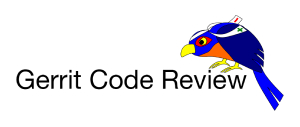
Gerrit is a free tool for code review and project management in Git repositories. It enhances collaboration and maintains high code quality.
Key features:
- Gerrit has an easy-to-follow workflow that ensures code quality and thorough review of changes. The steps include making the change, creating the review, and reviewing, reworking, verifying, and submitting the change.
- It also allows reviewers to view both old and latest versions of files with syntax highlighting and color-highlighted differences, making it easier to detect changes.
- As a self-hosted, web-based application, Gerrit allows you to completely control your code review infrastructure and access it from anywhere. This empowers collaboration across teams.
- If you need to add more functionalities to your workflow, you can use its supported server-side plugins such as gitiles, webhooks, code mirror-editor, hooks, replication, and more.
Since Gerrit is an open-source tool, it’s free for everyone.
8. GitLab
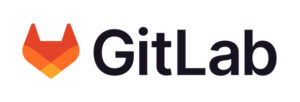
GitLab is a web-based application known as a popular DevSecOps platform for collaborating on coding, testing, and deploying applications.
Key features:
- With its core features, GitLab empowers efficient code reviews through merge requests (MRs), where developers propose modifications to the code for discussion and review before merging into the main branch.
- GitLab encourages developers to use inline commenting and discussion, where they can add comments on specific code lines within the merge request section.
- You can implement custom approval workflows that prevent merging changes without getting approval from a defined number of reviewers.
- Additionally, GitLab offers code quality reports, performance indicators, CI/CD pipeline integrations, and other features for robust and streamlined review processes.
Regarding pricing, GitLab is free for individual developers and minor projects. Since complex projects require more features, it offers paid plans starting at $29/user/month.
9. RhodeCode
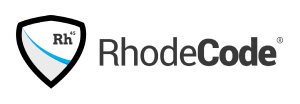
RhodeCode is an open-source tool designed explicitly for code review. It’s solely focused on code review and team collaboration, ensuring a robust and clean code review process.
Key features:
- RhodeCode provides a centralized dashboard that brings all code repositories under one roof, especially when managing multiple projects across different version control systems.
- The tool’s compatibility with various version control systems, including Git, Mercurial, and Subversion, ensures you can use your favorite version control tool.
- Regarding security, RhodeCode configures and applies ACLs, allowing only authorized personnel to review code and make changes. This prevents unauthorized access and data risks.
- To optimize your code review workflow, you can connect RhodeCode with various external tools and services, such as JIRA, YouTrack, and Webhooks.
RhodeCode has three pricing plans: Community, Enterprise, and Cloud editions. The Community edition is free, while Enterprise and Cloud plans start at $75/user/year and $8/user/month, respectively.
10. BrowserStack Code Quality

BrowserStack Code Quality is an all-in-one solution designed to streamline and optimize code reviews. It integrates with CI/CD pipelines to enhance code quality, deliver real-time feedback, and ensure adherence to coding best practices.
Key Highlights:
- Effortlessly analyzes code changes to detect issues and ensure compliance with standards.
- Compatible with widely used version control systems, such as Git.
- Offers detailed insights and performance metrics for code quality and review processes.
- Allows teams to customize workflows to match their specific requirements.
- Supports simultaneous editing by multiple team members, boosting productivity and teamwork.
BrowserStack provides individual and team pricing plans, starting at $29 per month.
11. Azure DevOps
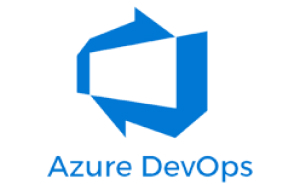
Azure DevOps incorporates robust code review tools into its comprehensive platform, addressing key development and deployment stages.
Key Features:
- Enforces code quality standards through customizable policies and automated review rules.
- Embeds code reviews directly into build and release pipelines to maintain continuous quality assurance.
- Enables real-time conversations and constructive feedback on code changes.
- Offers precise control over user roles and access permissions.
- Seamlessly connects with other Azure services for an end-to-end development ecosystem.
Azure DevOps code review is free, but you can upgrade to paid plans for more features.
12. AWS CodeCommit
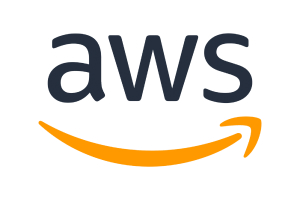
AWS CodeCommit leverages native AWS capabilities to streamline code reviews and repository management. It allows precise access control based on user identity, time, and location through AWS Identity and Access Management (IAM) and Key Management Service (KMS), ensuring secure and controlled access to source code.
Key Features:
- Repositories can be created and managed using AWS SDKs, the command line interface (CLI), or the AWS Management Console.
- Live repositories can be closely monitored with AWS CloudTrail and AWS CloudWatch, providing detailed status logs and essential metrics.
- Files can be transferred to and from AWS CodeCommit using either HTTPS or SSH, depending on preference.
- Integrates natively with other AWS services, including S3, KMS, IAM, and DynamoDB, enabling a cohesive and efficient development workflow.
AWS CodeCommit offers a free tier for anyone with an AWS account. This tier allows up to five active users per month at no cost (within specified limits). Beyond this, each additional active user is charged $1.00 per month.
13. Codebeat

Codebeat is an open-source, automated code analysis and review tool designed to support widely used web and mobile programming languages such as JavaScript, Python, and Golang.
Key Features:
- Link your GitHub, Bitbucket, GitLab, or self-hosted repositories to Codebeat and start tracking code quality changes instantly.
- Codebeat performs automated code reviews across multiple programming languages, helping you identify issues and prioritize improvements in web and mobile projects.
- Get insights on code changes directly within your workflow. Codebeat integrates with Slack, GitHub, and Bitbucket, including pull requests.
- Manage teams efficiently with access controls and role assignments. Easily move team members across projects, suitable for both small teams and large organizations.
The public plan is free and supports public repositories, pull requests, and integrations. The private plan costs $20 per user and is billed monthly. It offers unlimited private repositories, dedicated support, and on-premise deployment.
14. Gitea

Gitea is an open-source, self-hosted software development solution that offers Git hosting, code review, CI/CD pipelines, and package management. It’s lightweight and fast, making it ideal for self-hosted platforms, requiring only 1GB of memory and a dual-core processor for small projects.
- Integrated CI/CD pipeline that allows for custom workflows using YAML.
- Supports over 20 public and private package managers like Chef, PyPl, Maven, and npm.
- Pre-built integrations with Jenkins, Bitbucket, GitLab, GitHub, Visual Studio Code, Docker, YouTrack, and Agola.
Gitea is open-source and free under the MIT license for individual users.
Frequently Asked Questions
What is code review?
Code review is an activity in software quality assurance where one or more developers examine another developer’s code before merging and delivering it to detect and solve bugs and issues, offer feedback, and ensure high-quality code.
Code review tools are available to facilitate this process. These tools automate the review process by providing a structured layout, simplifying code access and understanding.
How do code review tools improve the development process?
Code review tools streamline development by automating many manual aspects of code inspection. They provide inline commenting capabilities, track changes across versions, and highlight potential issues before they reach production.
These tools also facilitate team collaboration by creating a centralized platform for discussions, ensuring consistent coding standards, and maintaining a detailed history of all review decisions and improvements.
What features should I look for in a code review tool?
Essential features include automated code analysis for identifying potential bugs and style violations, inline commenting capabilities for specific code sections, integration with version control systems, and support for custom review workflows.
Look for tools that offer pull request management, automated testing integration, configurable review rules, and comprehensive reporting features. The tool should also provide good collaboration features like real-time notifications and team dashboards.
Are there code review tools that support multiple programming languages?
Yes, many modern code review tools are language-agnostic and support multiple programming languages. Popular options like GitHub, GitLab, and Bitbucket support virtually all mainstream programming languages.
Some specialized tools like SonarQube and Codebeat offer deep analysis features for multiple languages, including Golang, Python, JavaScript, C++, and Ruby, with customizable rule sets for each language.

